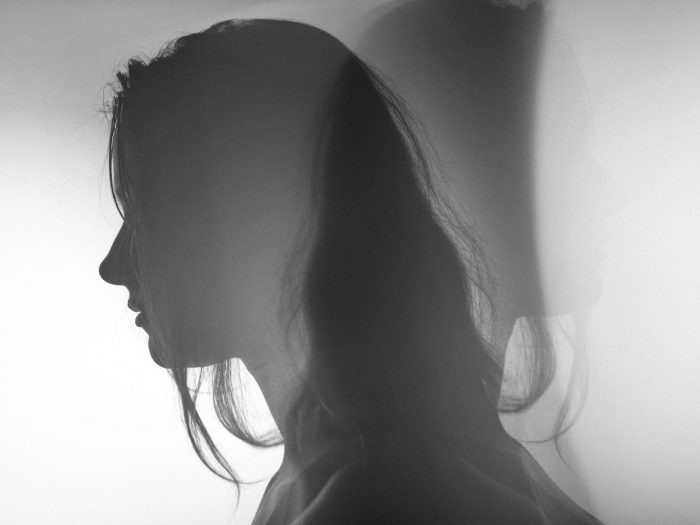Grief is patient. Persistent.
She swims lazy circles through your limbs, reminding you that she is there; she lives within you; she will not leave. She will rise and recede; she will tug and push, a tide you never asked for.
She stays.
She visited me on Mother’s Day. I glanced around at my life: my beautiful children, so fiercely themselves. My generous husband. My feisty mom. Such love I was surrounded with. I forced myself to remember the days before I could’ve imagined this family—loose, lonely days.
I thought—I have almost everything I want. Is this all there is?
There is the grief that comes with death or illness or change. And then there is the grief of being human, of feeling lonely even as you’re speckled with love. There’s the awareness that you’re at the top of the ride. That time moves with increasing, alarming velocity. That the thin, filmy bubble that buffers your sweet life could be punctured at any moment, will in fact certainly be punctured in ways you may or may not imagine.
When I was a child, I thought of it as “that Sunday feeling.” My bones were shorter, my eyes younger, my mind wider, the space between worlds more slippery—as children, we are always changing form. The Sunday feeling was a wave of dread, a creeping ache, and yet I never spoke of it, never tried to put it into words, never shared it, never discovered whether others felt it too, this Sunday sickness.
Back then, I thought it was the feeling of impending structure, the awareness that school or work is crouched and waiting, and the afternoon sunlight is so pale and sweeping that you can feel the ache of it in your bones. Now I think it’s more than that; it’s the lurch of knowing that everything ends. That nothing stays the same. That there is no eternal weekend. That even our bodies, our homes in skin, are passing through, are stardust to stardust, are something that once existed in a different form and will again exist in a different form.
In Japanese, this feeling might be called mono no aware, the bittersweet awareness of the impermanence that’s folded into everything. In Portuguese, the word suadade describes a feeling of longing.
It is the missing of my father, on Mother’s Day. Grief is so unruly. It doesn’t follow rules or stages; it bites when it wants to, when it demands expression, when you can no longer hide from her, circling like a shark just beneath your skin.
It is reminiscent of depression, yes, but this is not depression. Depression is a sinking, tugging sensation that settles into hopelessness. Grief moves. She falls and rises, rises and falls. That Sunday feeling is unexpressed grief, the unlanguaged ache of being human, of wanting to grasp time in your tight little fists and knowing you cannot. That the only thing to do is to breathe it in, feel it all, stop planning and plotting and dreaming and just sit in your precious, painful, poignant life.
And then the tears come, finally. She floats now on her back, in big, gasping sobs, but buoyant, the sweet release of metabolized sensations becoming emotions becoming tears, salty droplets that leave you wet-eyed and sighing, shattered but satisfied.
It rained last night, when we were all locked in sleep, and now small pearls of water perch on the rhododendron leaves outside my window. Brief, flickering, glittering bursts of light. I want to memorize their message, I want to hold them in my heart. I want that to be what dying feels like—a flicker, a glitter, and then, transformation: drip, evaporate, hugged back to the ancient clouds.
Today, my husband and children are out in the world after so many days together. Even pandemics taper off, become memories, or become endemic.
Today, I cannot keep them safe or smother them with kisses or concern. I can only sit and play with words and press my hands to my heart.
I can only sit and whisper:
Keep them safe. Keep us safe. Let our bubble stretch and strain. Let me remember to gaze at the thin, shining skin of everything, so brief and shimmering, this stretch of afternoon light, this glinting bead of water, this Sunday, human ache.
~












Read 28 comments and reply